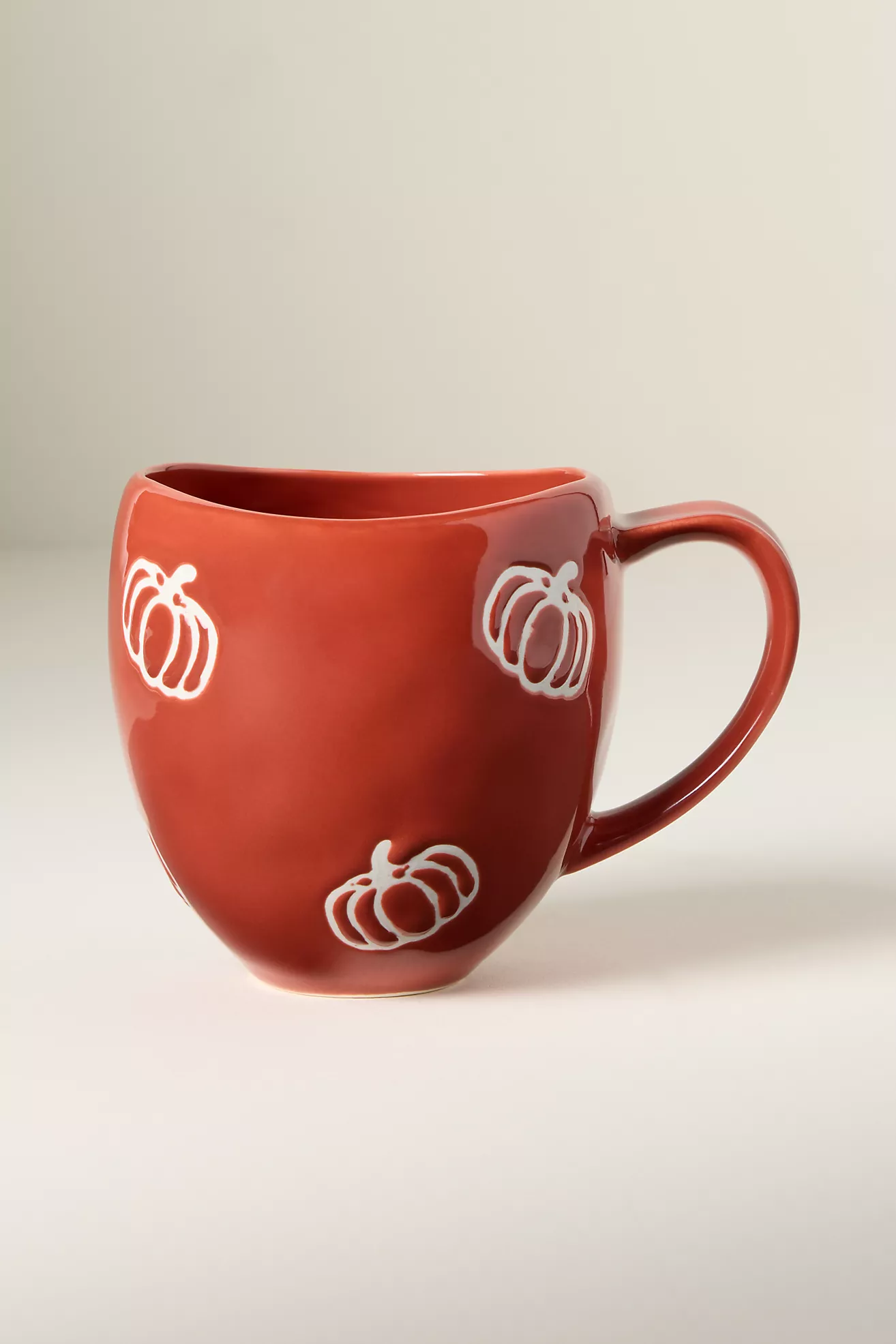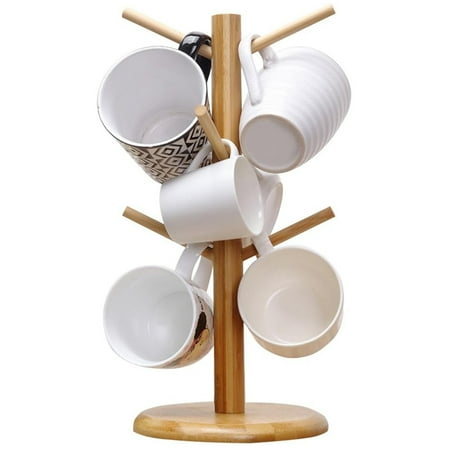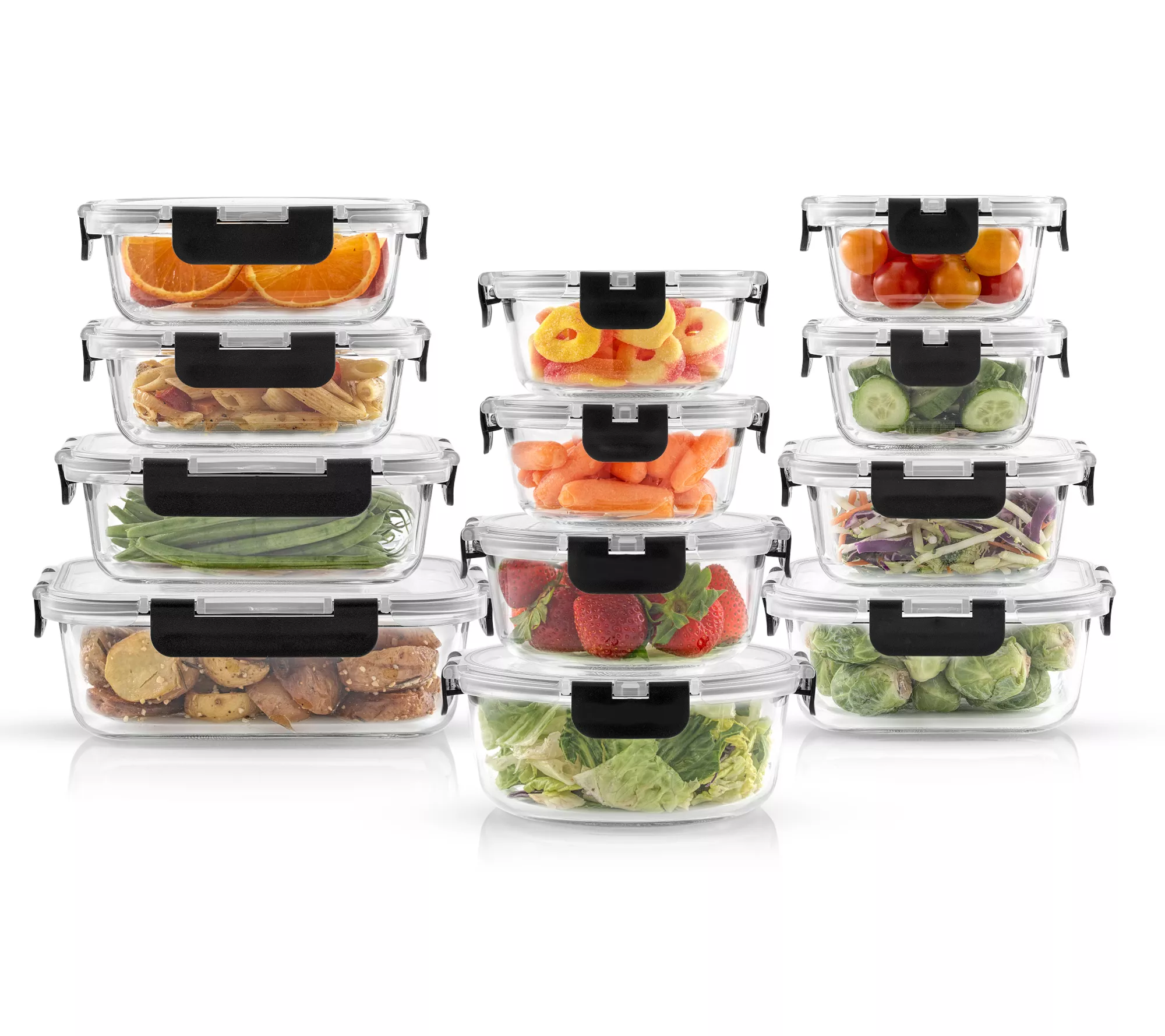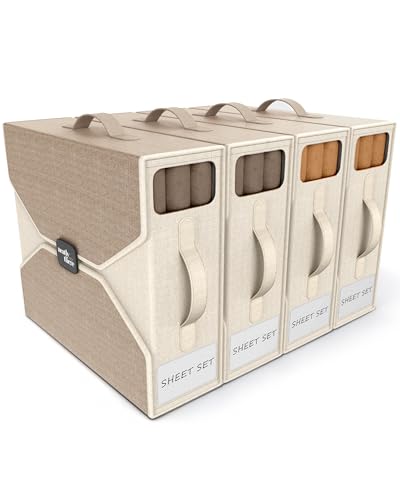The ultimate fall decluttering list: 20 things you own too many of and why you should let them go, guilt-free right now
Clear duplicates for a timely reset so your home feels clutter-free this cozy season

Punteha van Terheyden
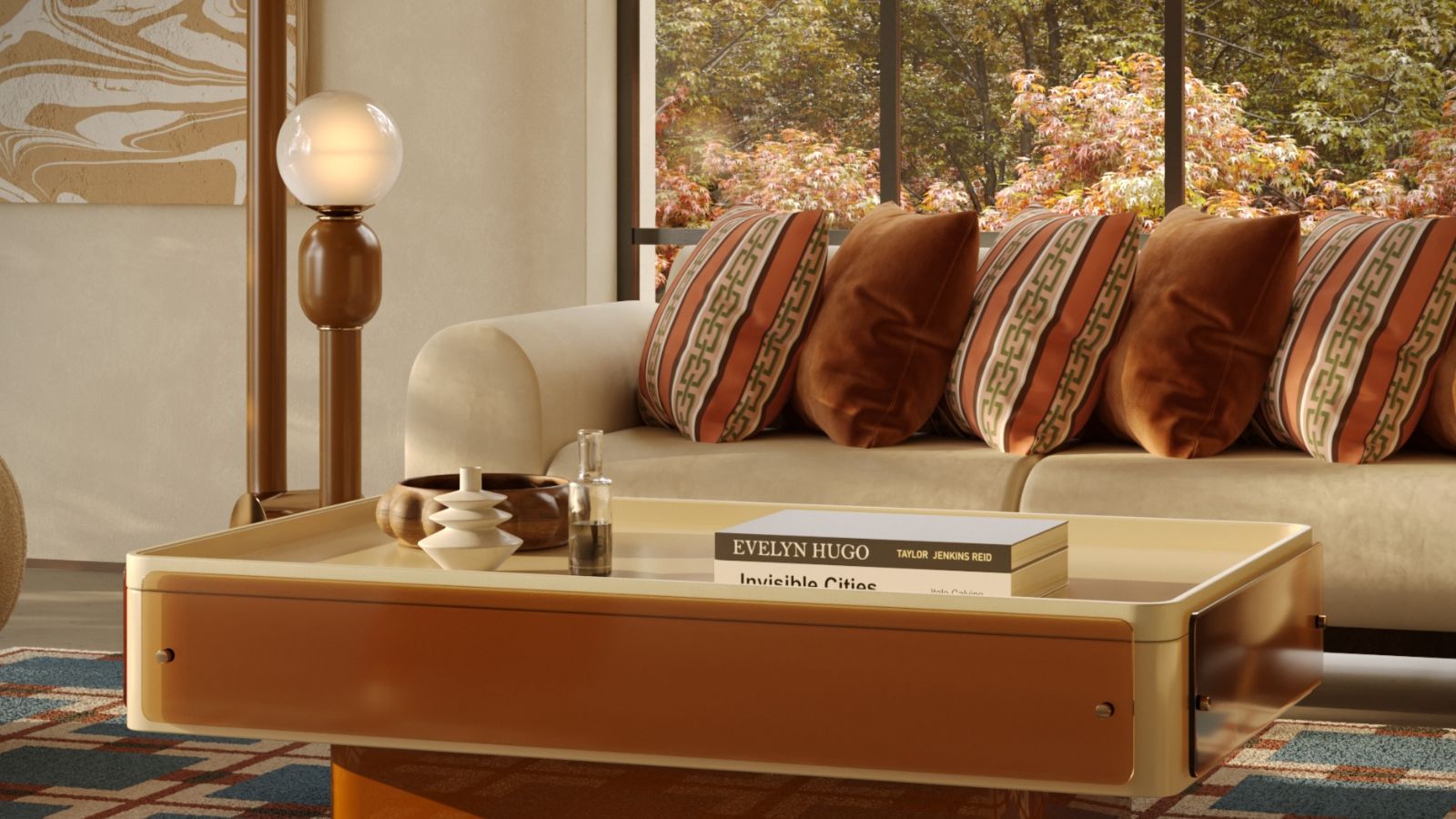
- 1. Summer gear
- 2. Expired pantry items
- 3. Outdoor tools and supplies
- 4. Old holiday decorations
- 5. Guest bedroom clutter
- 6. Old cold and flu medicine
- 7. Mugs and bottles
- 8. Food containers
- 9. Kitchen utensils
- 10. Unused cooking gadgets
- 11. Reusable bags
- 12. Old towels
- 13. Books
- 14. Empty jars
- 15. Bedsheets
- 16. Home documents
- 17. Makeup and bath products
- 18. Socks with missing pairs
- 19. Cords, cables and old electronics
- 20. Shoes
- FAQs
- Why do I always end up with clutter?
- Meet our experts
Design expertise in your inbox – from inspiring decorating ideas and beautiful celebrity homes to practical gardening advice and shopping round-ups.
You are now subscribed
Your newsletter sign-up was successful
Want to add more newsletters?
With cooler weather and shorter days, our homes become our havens. But before you stock up on pumpkin spice candles and comfy throws, it's the perfect time for a proper fall reset.
We've all got a few more items than we need, and a seasonal clear-out of any duplicates you have hanging around in busy drawers, cabinets, and storage bins can make your space feel lighter and more intentional, and pave the way for a fun season of hosting with minimal tidying needed ahead of any guests.
Start by clearing these duplicates that often pile up during the warmer months, and get ready for an organized and cozy socializing season ahead.
20 duplicates to get rid of this fall
Keep the essentials, but clear out the unnecessary, duplicated mess. This simple step is what professional organizers recommend to reduce stress and prepare your home for the coming holidays.
1. Summer gear

Edit down summer items, banish duplicates and store what you'll keep, ready for next summer.
Pack away or get rid of any summer-specific items you won't use for the next six months, from pool floats to worn-out sandals and beyond.
Rather than cutting whole categories in a ruthless decluttering session, you might find it easier to focus on the duplicates, as you'll likely have more than one version of a few things, including beach towels and sets of picnic utensils.
To let them go with ease, try this simple system:
Design expertise in your inbox – from inspiring decorating ideas and beautiful celebrity homes to practical gardening advice and shopping round-ups.
- Keep the best: Choose your favorite two beach towels and a good-quality picnic blanket, and let go of the rest.
- The one-year rule: Ask yourself: 'Did I use this item at all over the summer?' If the answer is no, it’s a good sign you can let it go.
- Create three piles: A 'keep' pile for your favorite items, a 'donate' pile for good-quality duplicates you don't need, and a 'toss' pile for anything stained, broken, or worn out.
2. Expired pantry items
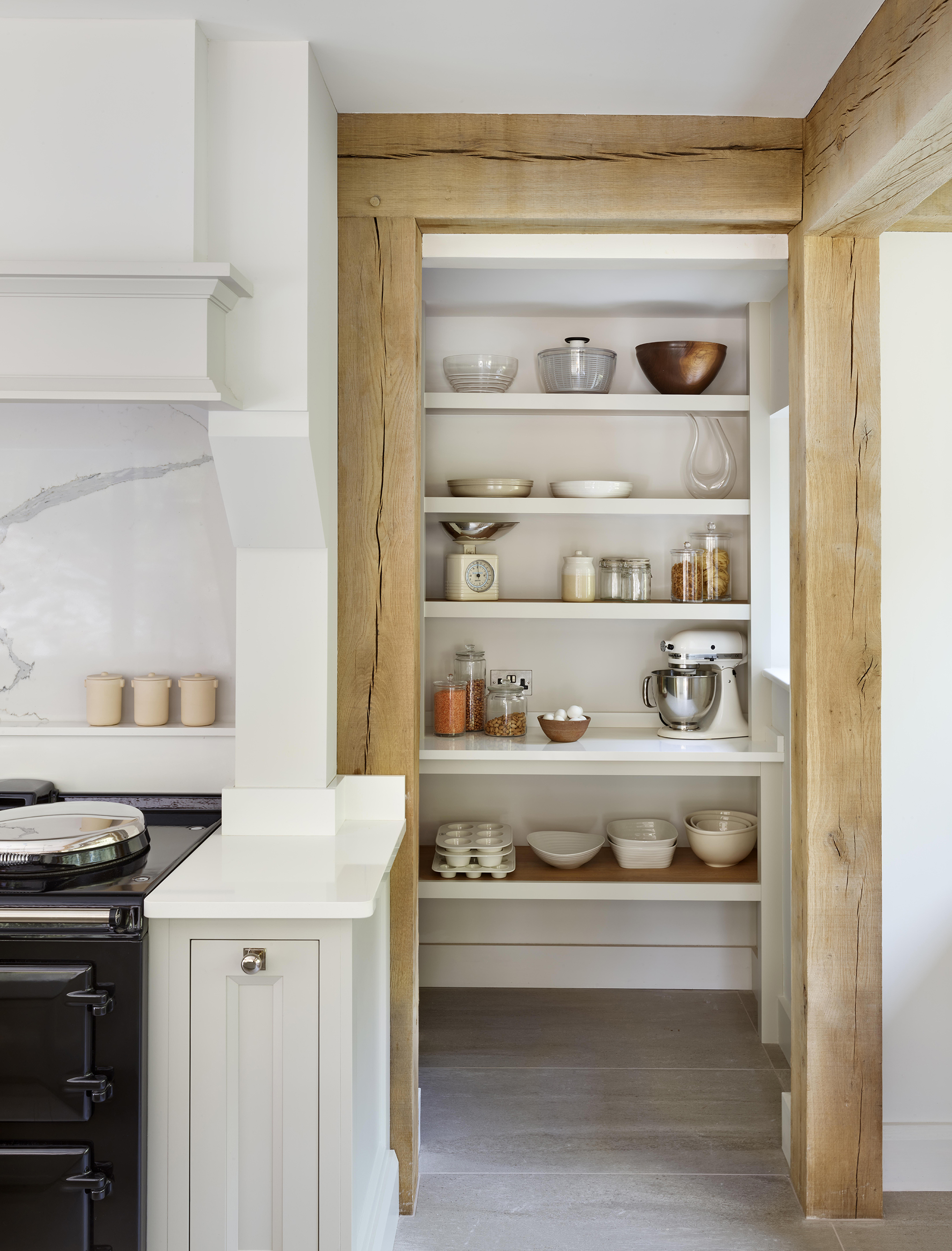
Check everything in your pantry and discard out of date items now.
As you start to bake and cook more hearty, warming meals, now is the perfect time to go through your pantry. Toss out any expired spices, baking mixes, or other food items left over from summer.
An expiration sweep throughout your kitchen is a good idea if you have the time. Some of our favorite tried and tested decluttering methods are brilliant for streamlining quickly, especially if you're short on time or energy.
Having airtight food containers, such as a set of the OXO pop food bins from Amazon, is a great way to ensure pantry items don't go stale or invite pests to your pantry.
3. Outdoor tools and supplies
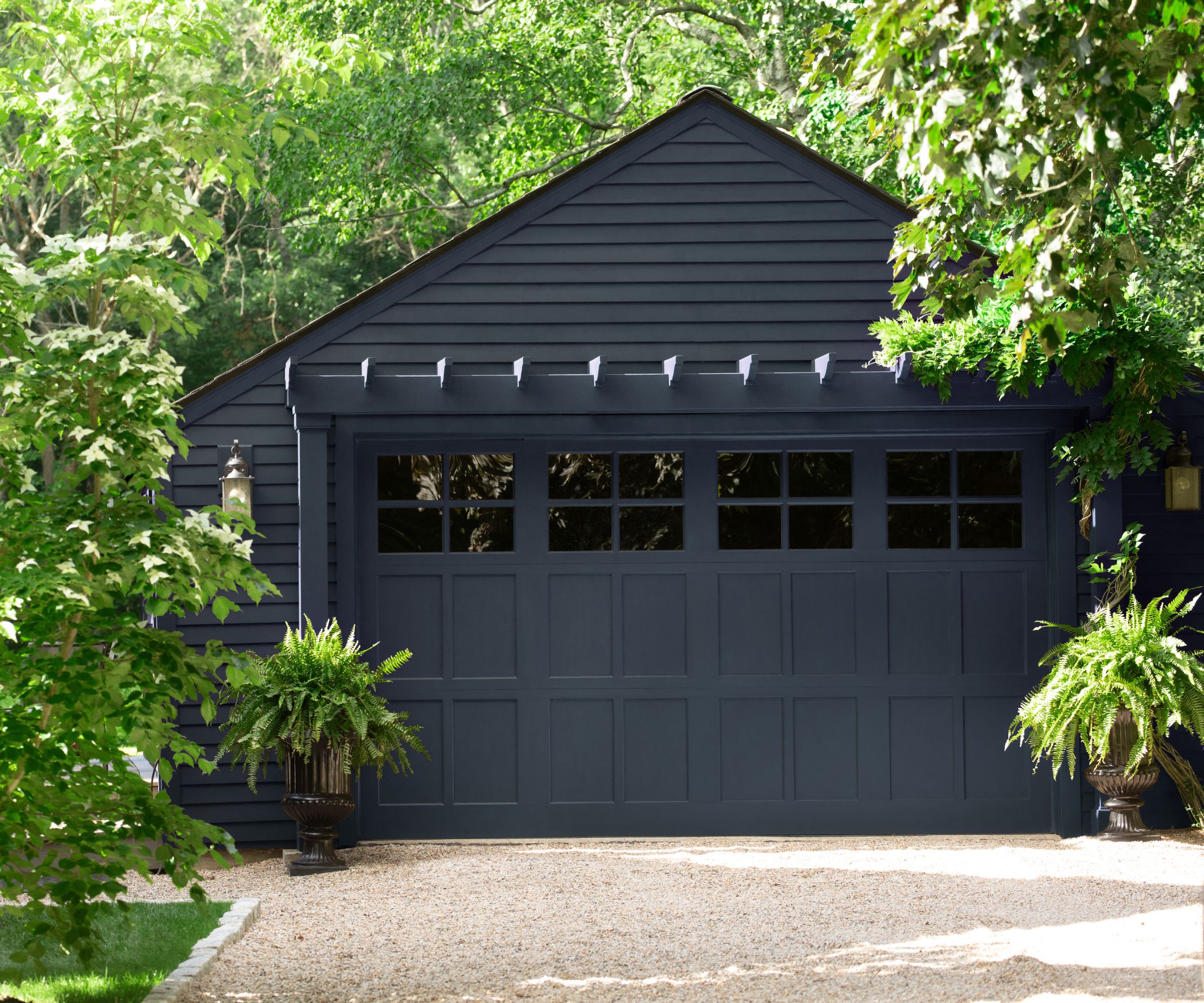
Check your garage and shed for any duplicates that you don't need to carry through winter.
When the gardening season winds down, it's the perfect time to give your shed or garage a thorough clean-out.
Start by tackling the easy wins. Gather all of your gardening and lawn care chemicals, such as weed killers, fertilizers, and pest control sprays. Check the expiration dates and consolidate any half-empty bottles of the same product into one.
Be sure to safely dispose of any expired or unknown chemicals according to your local guidelines.
Next, focus on decluttering your garage or shed of tools. Get rid of anything that’s broken beyond repair, such as a shovel with a cracked handle or a rake with missing tines.
For the ones you want to keep, take a moment to clean your gardening tools and sharpen them (including lawn mower blades and hedge trimmers, before storing them away for winter.
Don't forget to organize all of the remaining items. Hang tools on a pegboard, available from Walmart, and store small items in labeled airtight weatherproof storage bins, also from Walmart, and put everything in its proper place.
This simple process will make it easy to find what you need when spring rolls around again.
4. Old holiday decorations
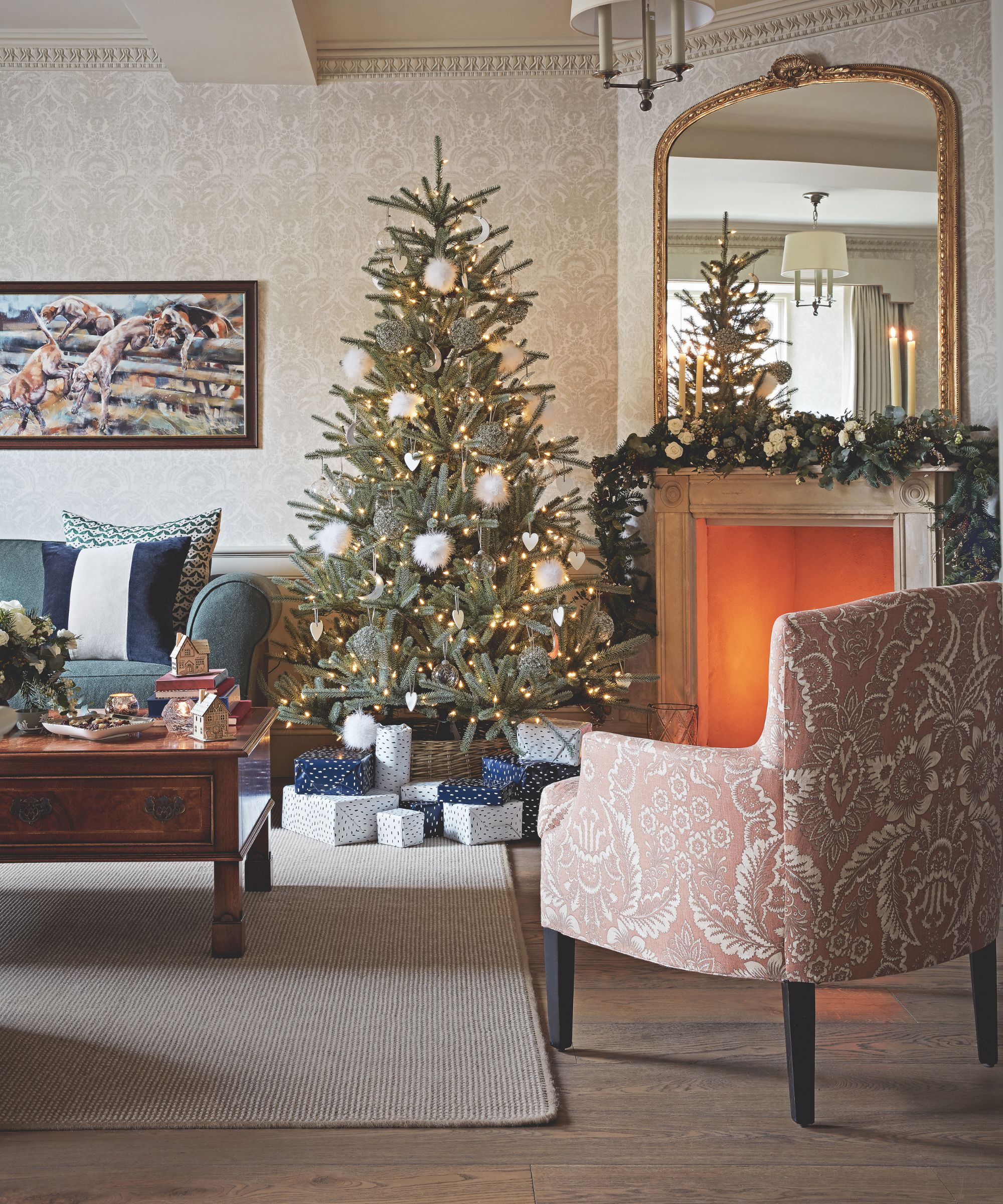
We all have a few broken baubles and string lights that have seen better days. Get rid of the items that no longer serve you and clear space for a busy season ahead.
Before the holiday season kicks into high gear and you put up your Halloween decor or timeless Christmas decor, take an hour to go through your current collections. You'll likely find old Halloween cobwebs that have lost their stretch, string lights with half the bulbs burnt out, or Thanksgiving centerpieces you haven't used in years.
Separate your decor into three piles: Toss, donate, and keep. Be honest with yourself – if an item is broken or you don't love it, and even if it feels illegal to declutter – it's time to let it go.
This simple exercise will make decorating every room for fall much more enjoyable and give you a fresh start for the holidays ahead.
5. Guest bedroom clutter
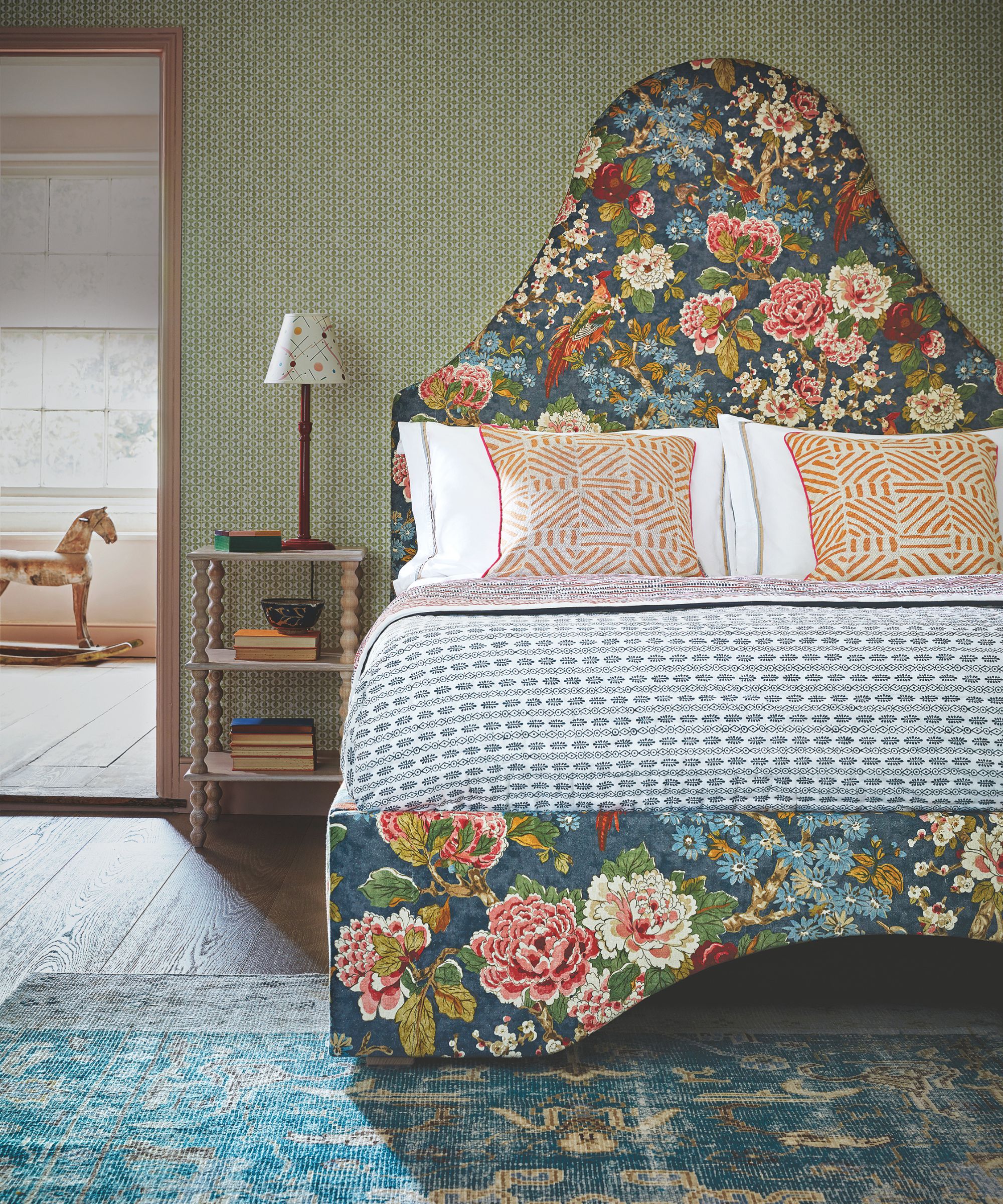
Make your guests feel at home by clearing out the items you've been stashing in the spare bedroom.
If you anticipate having friends or family stay over for the holidays, take a moment to clear out any items that have piled up in the guest room, from old boxes to extra bedding.
A quick clear-out of the guest room ahead of Thanksgiving is a simple way to prepare for their arrival and make them feel welcome and at home.
Start by tackling the obvious clutter. Remove any personal items that have found their way in there, from your old workout gear to stacks of magazines.
Next, organize the closet and tidy under the bed. If you using this space as a long-term storage unit, move out any old boxes or out-of-season clothes that could be stored elsewhere.
Finally, go through the linens. If you have extra bedding, keep two fresh sets and consider donating or discarding any old or mismatched sheets and blankets. This simple task will create a welcoming, hotel-like atmosphere for your guests.
Don't forget to add one of the best candles in a seasonal scent for a real touch of home.
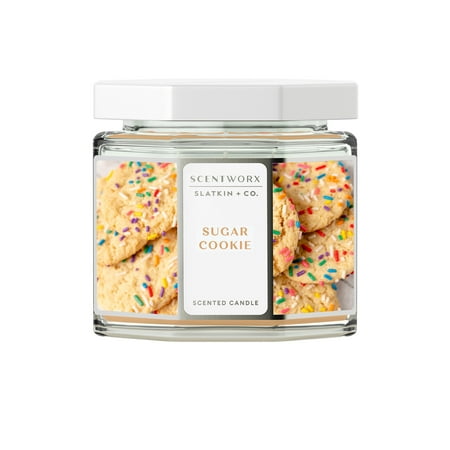
Warm and subtly sweet, this is the perfect candle if you are having guests over and want to create the perfect, inviting fall vibes in an instant.
6. Old cold and flu medicine
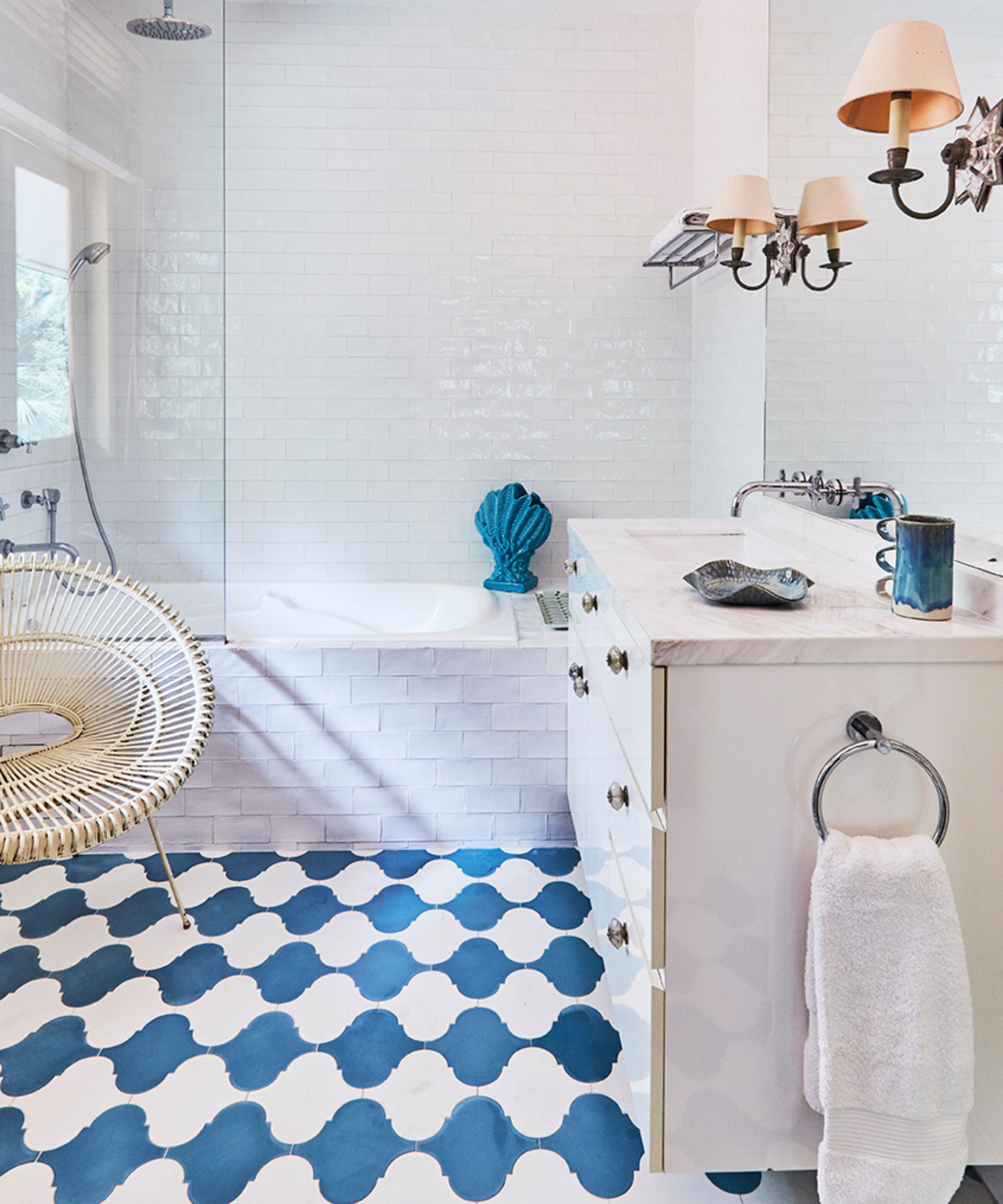
Clear out your stash of medicines in the bathroom and from medicine cabinets to make sure your stock of seasonal items are in date and at a safe and effective potency.
Before cold and flu season hits, check your medicine cabinet for expired or unused medications, and safely dispose of them to make space for any new supplies you might need.
Expiration sweeps are not just for pantries, as medications expire and either lose potency, or can sometimes become more potent and dangerous.
Always keep your medications in a high concealed area, away from heat and humidity sources, as well as direct sunlight. This lockable medication lockbox from Amazon is affordable and has all the necessary features to keep these items safely out of the way.
7. Mugs and bottles
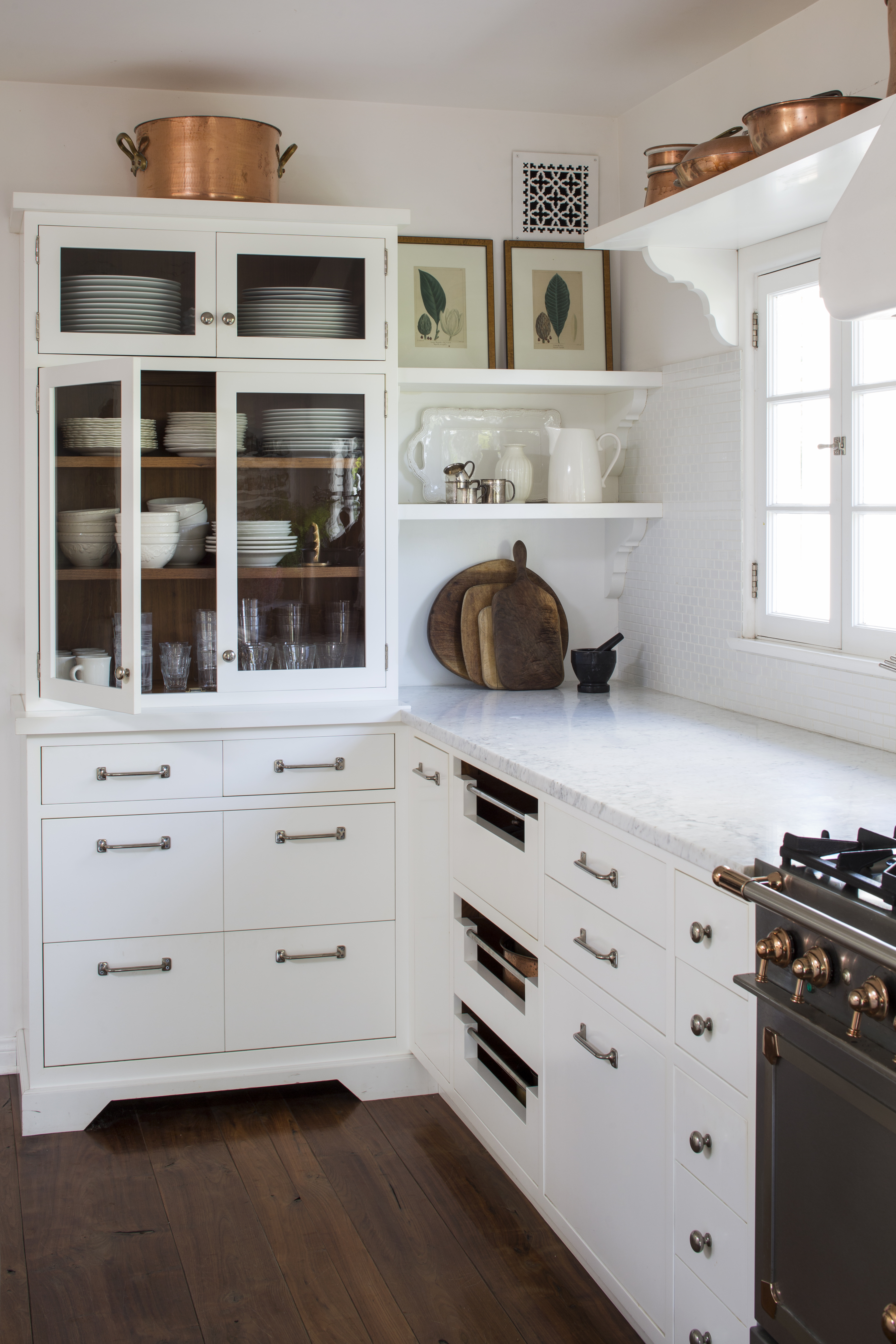
The kitchen is often a common offender for clutter, and according to Juliana Meidl, a professional organizer and founder of Serenity At Home Detroit, 'An area where we see a lot of extra items is in the kitchen. People often collect a lot of coffee mugs and water bottles.'
Think about how many you’ve accumulated over the years from souvenirs, gifts, or company giveaways. While you may have dozens of mugs and bottles, you likely only use a few favorites in your daily routine.
As you prepare your kitchen for warm fall beverages, Juliana suggests, 'We often suggest to our clients to consider how many they use and may ever need and donate the extras, making sure to organize coffee mugs efficiently so you can see what you have.'
A good rule of thumb is to keep only what you can comfortably fit in your cabinet, and make sure every item has a purpose.
Our guide on how to let go of sentimental items may help you find a fresh perspective on those novelty mugs you were gifted and have been hanging on to.
8. Plastic food containers
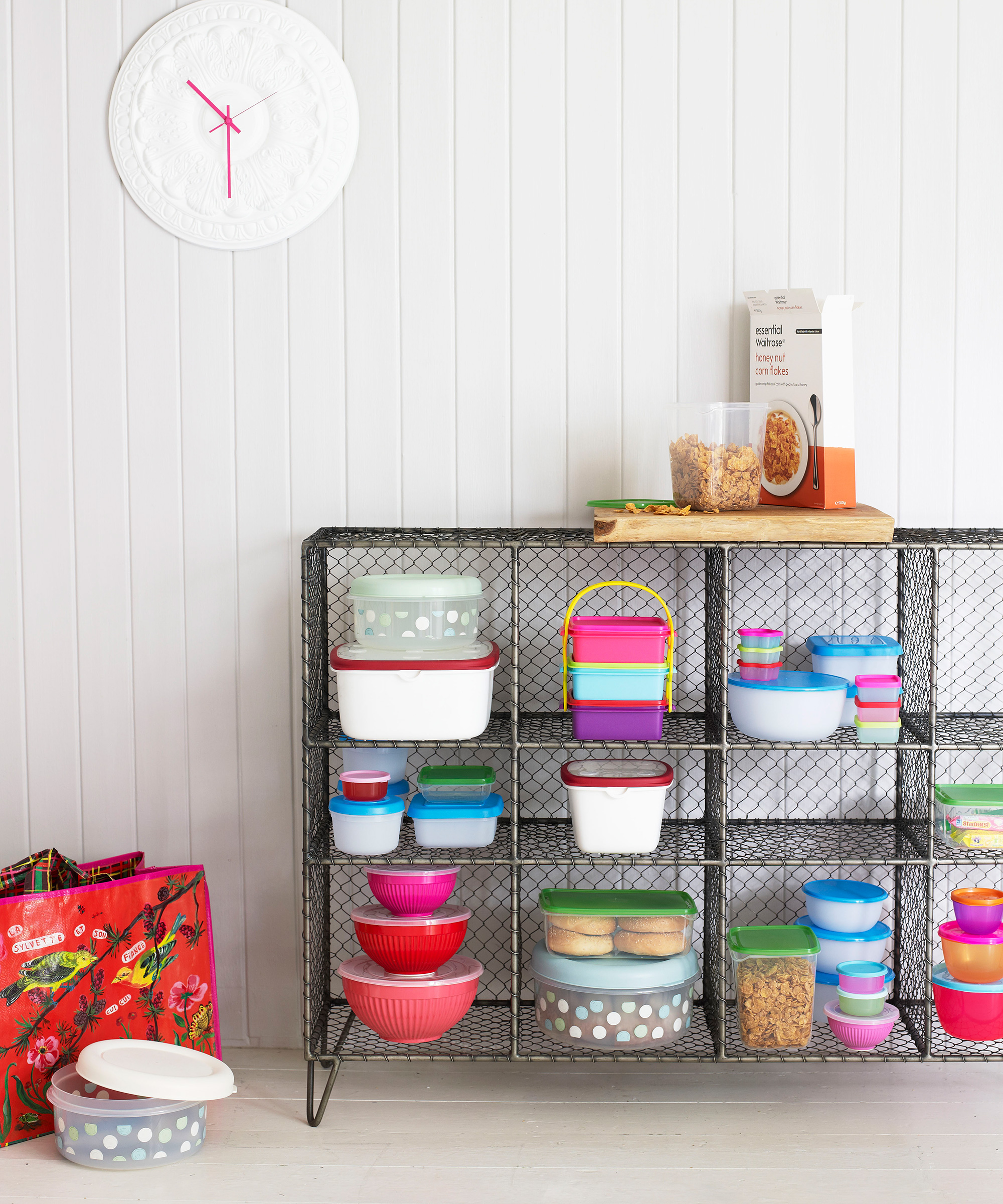
How many food containers do you have that you can't find the lid of, or vice versa? It's time to recycle, or bin.
When it comes to kitchen items, it's easy to accumulate too many without even realizing it. 'We tend to have too many items that are in high use, as we buy more of them but don't take the time to purge,' says Liora Seltzer, a certified KonMari Method professional organizer and founder of What U Keep. 'Examples include plasticware from take-out.'
As you prepare your kitchen for fall meal prep and holiday leftovers, now is the perfect time to get a handle on your food storage and reduce waste. The best way to start is by taking every container out of your cabinet and matching it to its lid. If you find any spares or a container that doesn't have a matching lid, recycle it along with any old, stained, or broken ones.
Next, decide how many containers you actually need and will use from your newly streamlined collection. Then, donate any extra pieces. As Liora says, it's about 'purging what you don't want or need as you're bringing in the new items,' an organizing habit that will keep your kitchen organized year-round.
9. Kitchen utensils
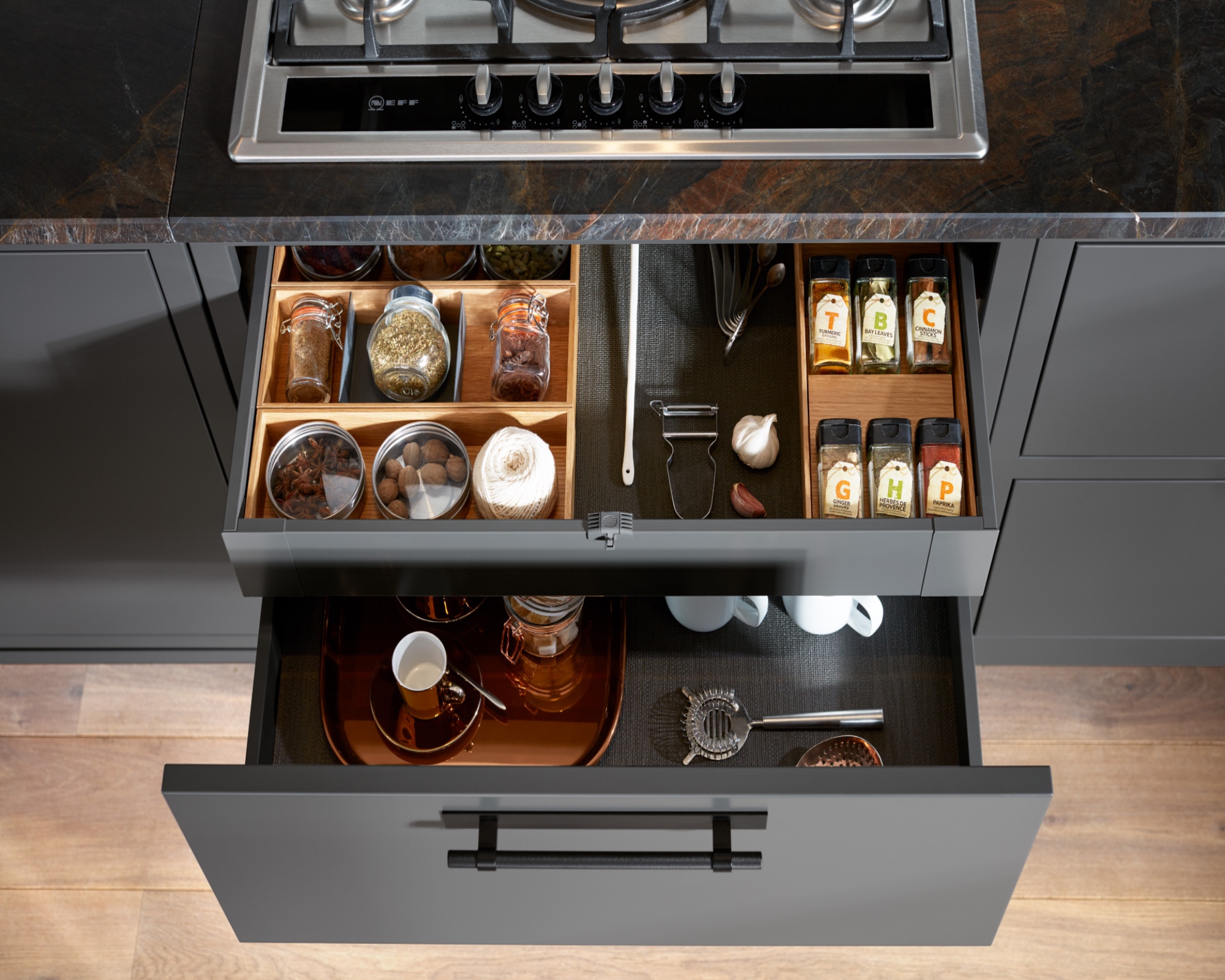
As you get ready for holiday baking and cooking marathons, a well-organized utensil drawer is essential.
Your kitchen decluttering shouldn't stop at your mugs and bottles, Brenda Scott, professional home organizer and founder of Serenity at Home, adds.
She says. ‘We also see a lot of duplicates in kitchen utensils. It truly is not necessary to have several sets of measuring cups, multiple can openers, or a drawer full of spatulas. We work with our clients to sort through all the multiples they have, select the best ones they have, and donate the rest.’
Then, they can be organized with drawer dividers. We recommend the Joseph Joseph cutlery drawer organizer, available at Amazon, as it's expandable, so you can customize it to make full use of your drawer space (12.4" D x 15.55" W x 2.17" H).
10. Unused cooking gadgets
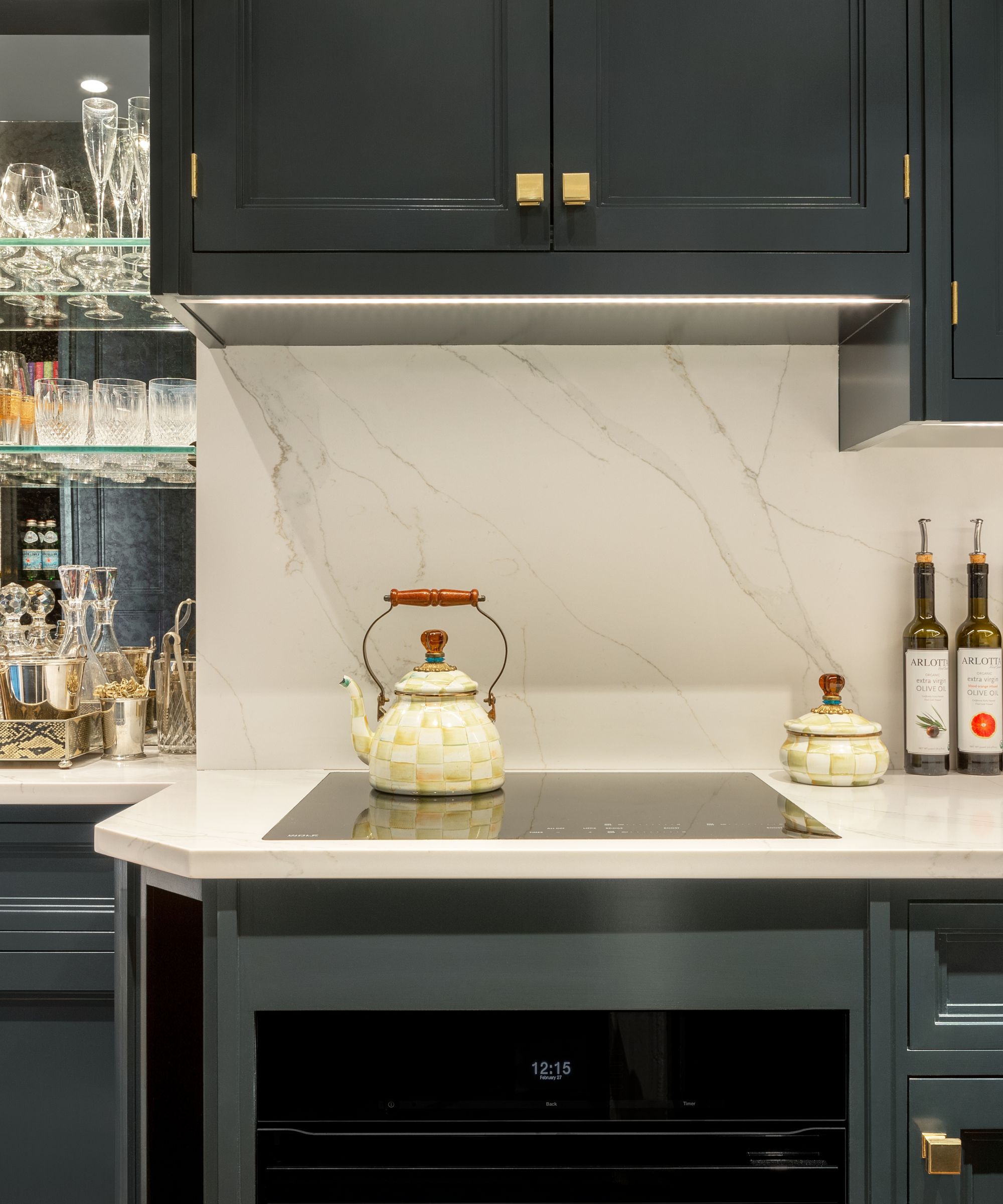
Cooking gadgets are only useful if you use them. If your collection is gathering dust or rarely sees the light of day, let them go.
With new kitchen technology coming out all the time, it's easy to purchase new gadgets while older ones sit unused in your kitchen gathering dust.
'Would-be cooks or home chefs often have too many unused cooking gadgets, such as the latest air fryer, blender, ice cream maker, sous vide, yogurt maker or whatever else caught their culinary attention in the moment,' says Elizabeth Dodson, co-founder of HomeZada.
'These items often require a lot of storage in a kitchen and are even more challenging to store in small kitchens. Finding products that can perform multiple tasks may be a better option from a decluttering perspective. For instance, today's mixers can double as meat grinders, pasta-makers and other tools to free-up valuable counter space and allow for actual cooking.'
Ask yourself, when was the last time you used the gadget? Be realistic and get rid of any that you don't, or won't, use. Then, you can focus on organizing your kitchen.
11. Reusable bags
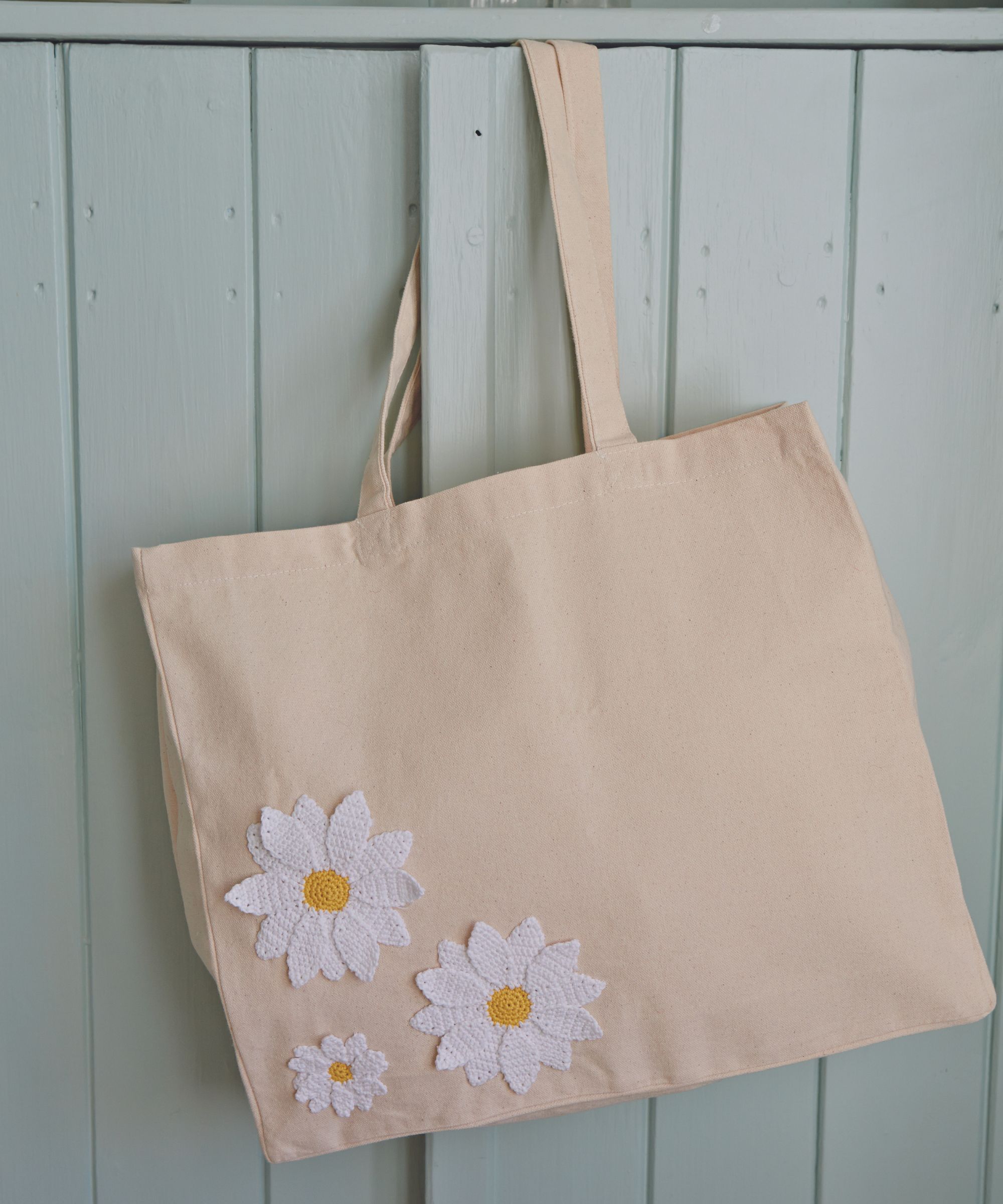
Reusable bags are a great way to cut back on plastic waste, but it is certainly possible to have too many, especially as shopping escalates in the fall and over winter with retailer sales, such as Black Friday. Most retailers now offer reusable bags instead of one use, so these can easily accumulate during this period.
Raychel Klein, home organizer and founder of RayBayBay Home Organizing, adds, ‘Bags accumulate so passively that you barely realize you own too many until someone points them out, especially if you don't store tote bags properly.'
Reviewing this ahead of sale periods in fall and spring will be time well spent. Raychel adds, 'Make sure each bag has a purpose (grocery, lunch, beach) and sparks joy. This ensures that even if you grab a bag blindly, it's one you love using and is functional.’
If you want to keep plastic bags, too, we recommend using a wall-mounted holder inside a cupboard, such as this Manterio Plastic Bag Holder, available at Amazon, to keep them neat.
12. Old towels
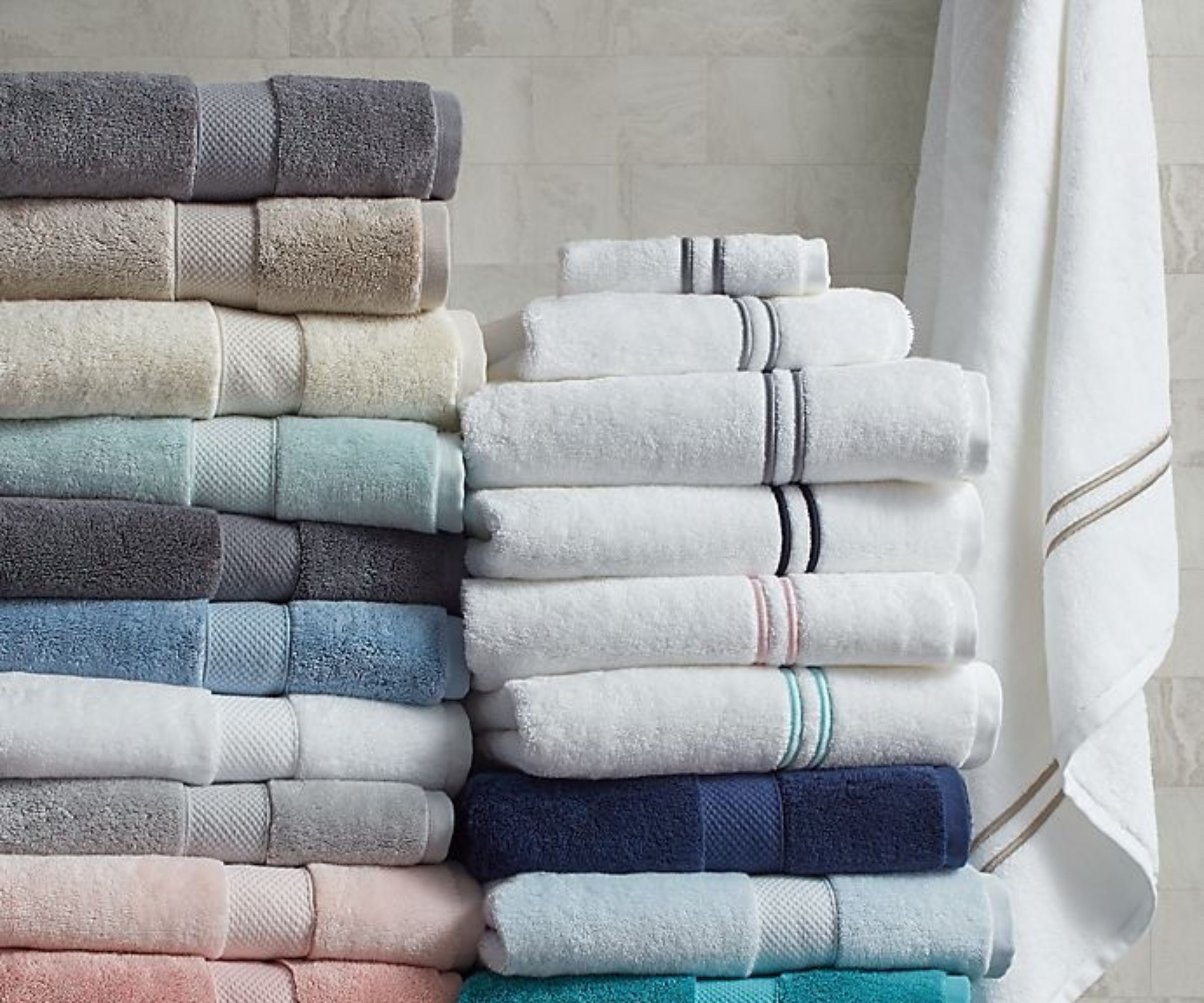
Towels can be pricey and as they are hardwearing, it can feel wrong to get rid of any. But over time they can become musty, wear thin or feel rough and tired.
One item that tends to pile up in most homes is old towels, particularly if you repurpose them instead of throwing them out, to clean, for example, and to be more sustainable at home.
'It's smart to keep these around as rags for big messes, but at some point, you just have too many of them,' says Martin Orefice, CEO of Rent to Own Labs. 'They are fairly easy to get rid of, too. They're accepted as recycling in many areas, and Goodwill will always accept rags.'
Go through your collection and decide on a suitable number to keep for your needs. Donate the rest and choose a towel storage idea to suit you.
You can also store your collection of towels in the relevant bathrooms or guest room, which can help you narrow down how much you need, and what is a duplicate. As a rule of thumb, you need this many towels.
An over-the-door towel storage organizer, such as a nine-tier one from Amazon that comes in four different colors, is handy for in-room storage if the space lacks cabinets or rails.
13. Books
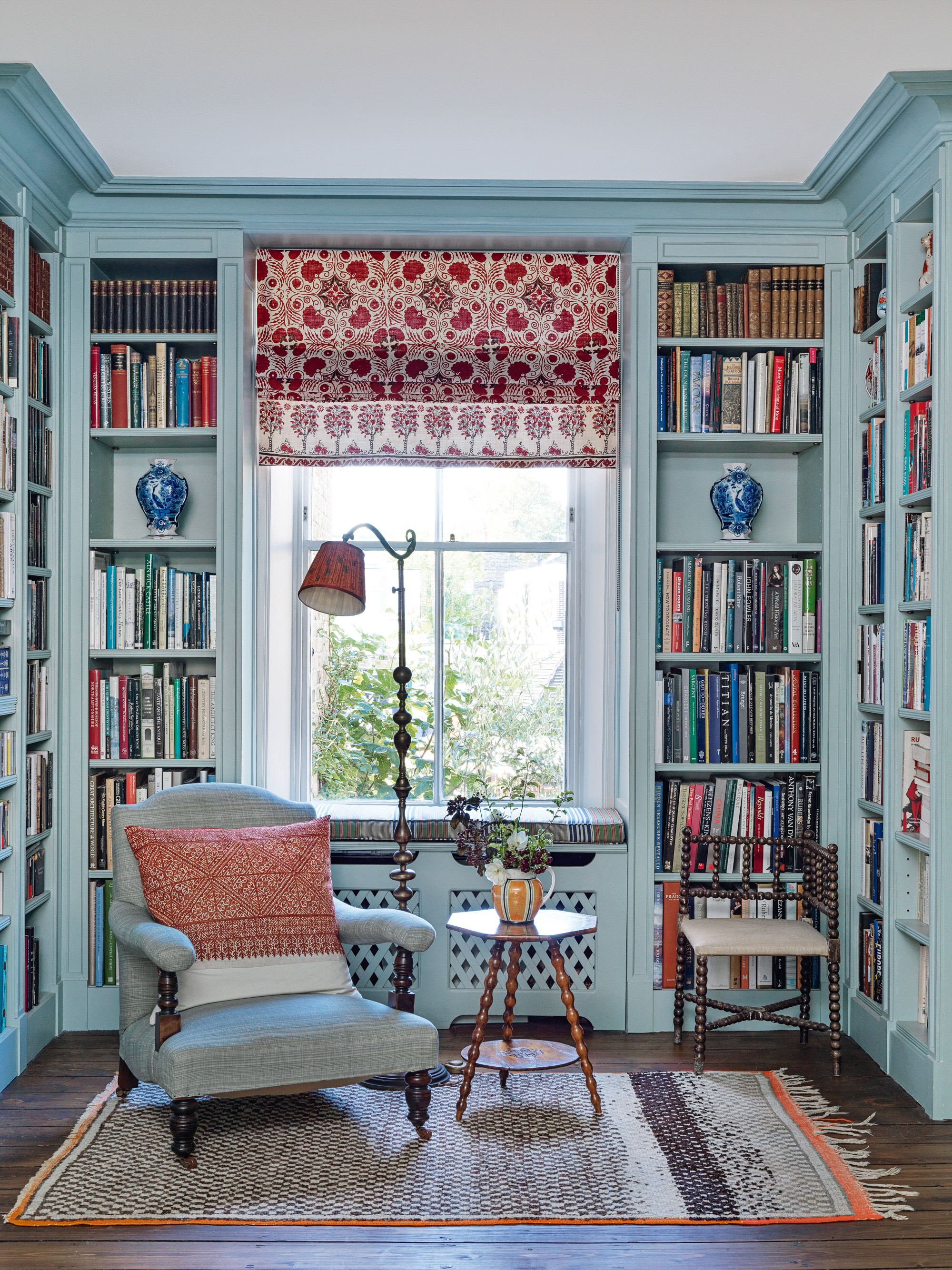
As a fellow bookworm, I know how hard it is to let go of books, but there is no reason to hang on to novels you'll never read again. It just takes up space.
So many people have too many books,’ begins Bonnie Borromeo Tomlinson, professional organizer and author. And, as we head towards gifting season, no doubt you'll have a few more by the New Year.
Bonnie adds, ‘As an author, this is terrible to say, but we all have more books than we need. You only need to keep personal favorites and the books you will read over and over again. Every other book you own falls into three categories: Books you've read, books you started reading but lost interest in, and books you have not read.
‘To declutter books you have read, consider passing them on to a friend, or dropping them off at a donation center or charity shop. If your TBR pile is bigger than you could ever read in a lifetime, consider weeding through and selling some off. You won't miss them.’
14. Empty jars
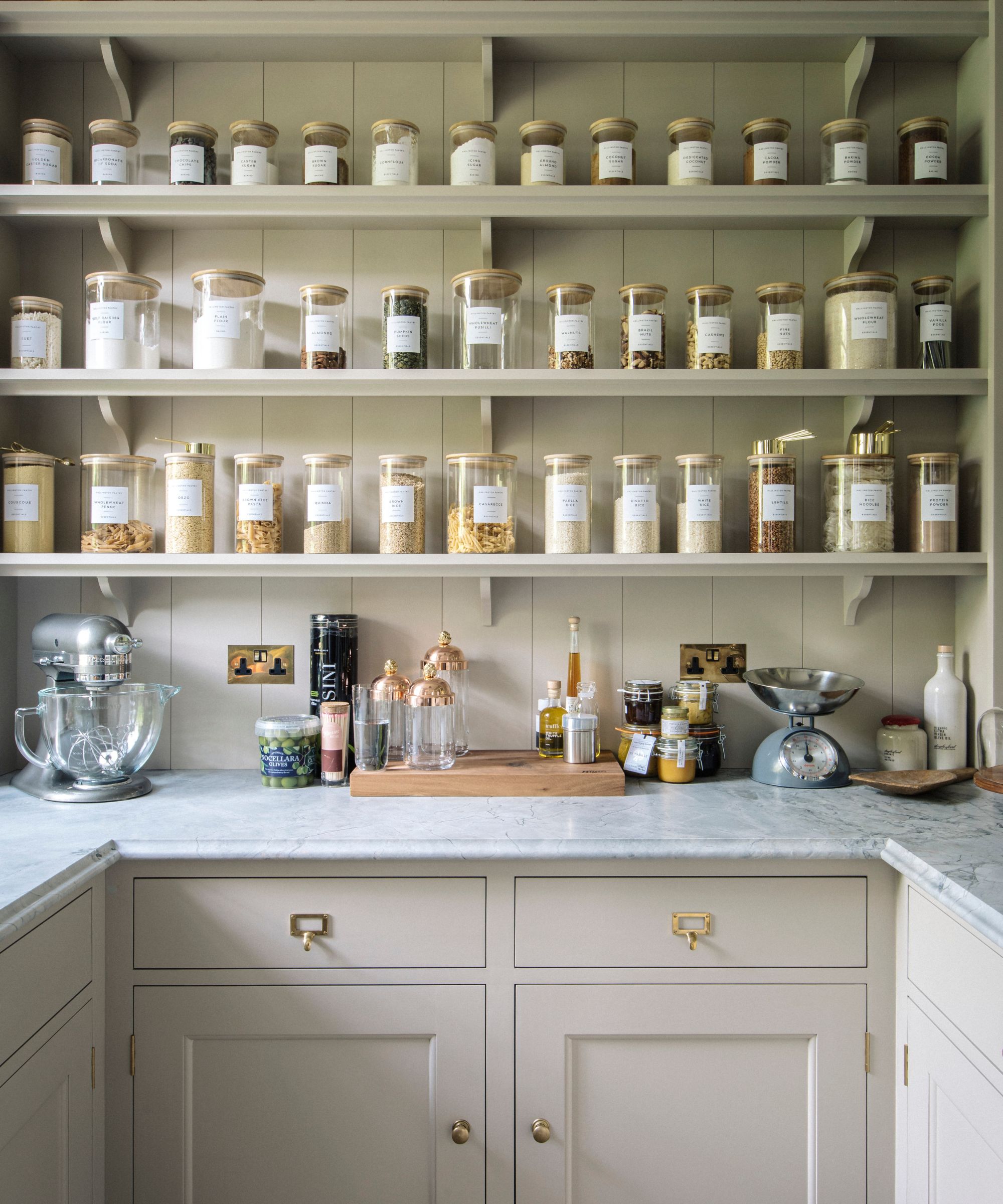
There are plenty of uses for glass jars, but having too many in rotation will only add to the visual clutter stress of any open storage and take up valuable shelf space that could be better repurposed.
The impulse to save jars and bottles for later is a great, eco-friendly idea, especially with fall's focus on preserving and cozy crafts. But often, those good intentions can lead to an overwhelming collection.
'I have seen that saving jars and bottles for future use quickly leads to an overwhelming collection,' says Logan Taylor, founder of Dazzle Company and a professional organizer. Instead of letting them pile up, she suggests, 'I suggest keeping a few versatile sizes for storage or crafts and recycling the rest.'
To give your extra jars and bottles a new purpose this season, consider a few creative fall craft projects. 'My idea is to creatively recycle these extra bottles and jars, such as using them as vases, candle holders, and beautiful flower pots to decorate your balcony,' Logan says.
This simple process can help you reduce kitchen clutter while adding a festive touch to your home. Make sure to use a suitable mat, such as an easy-clean and glitter-proof silicone mat from Amazon.
15. Bedsheets
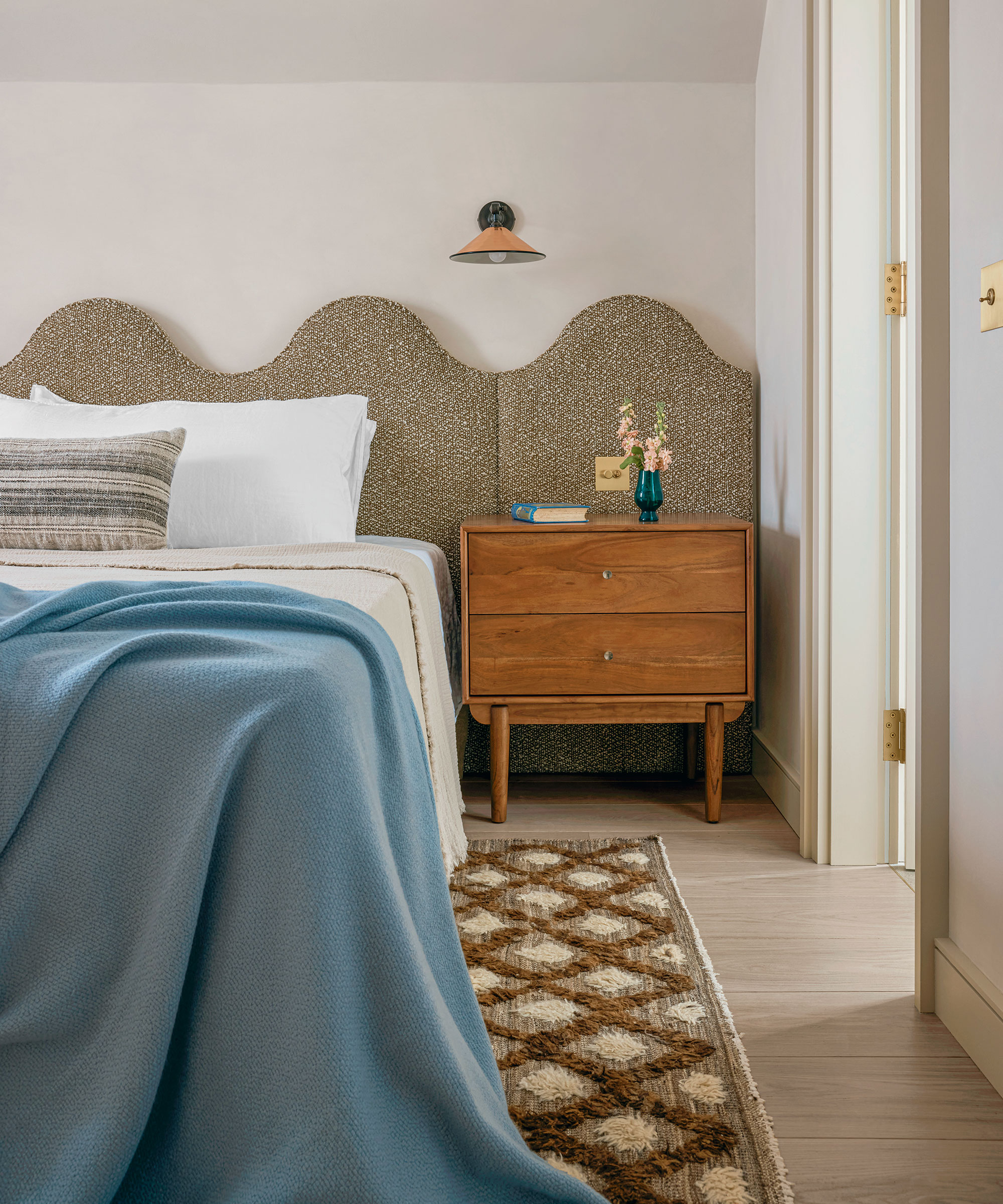
You don't need a dozen spare bedding sets or sheets.
It is great to have a few sets of bedsheets lying around in case of emergencies and for guests, but you should limit your collection to two or three of your best bed sheets to avoid unnecessary clutter.
Brenda Scott, professional home organizer, says, 'The key is to go through all the items you have and only keep the ones you know you use. We often replace items with something new but don't get rid of the old ones.’
16. Home documents

Piles of paperwork create instant mess and visual clutter and it's better sorted upon arrival.
As the year winds down, it's the perfect time to organize important papers. This task can feel daunting for the sheer volume, or because you never know when you might need something, but leaving them scattered around the house only leads to more clutter and stress.
'As with grocery and gift bags, many homeowners have their home documents scattered around their house,' says Ben Dodson, a professional organizer. 'Your insurance policy documents are in one location, while contractor business cards are in another. Receipts for home services are products are elsewhere. You may even have plans and approvals for your home in a completely different location. The list of 'important papers' that homeowners now need to keep is remarkable and growing all the time.'
Instead of letting this paper clutter pile up, get everything in one place by using a filing system that suits you. We like the Amazon Basics Expanding Organizer File Folder, as it holds up to 260 sheets, and has 13 pockets for easy sub-dividing.
Remember to never store this item in a basement, as the lack of climate control and potential for flooding or pests can leave your important documents in tatters. You can also reduce paperwork by digitizing.
17. Makeup and bath products
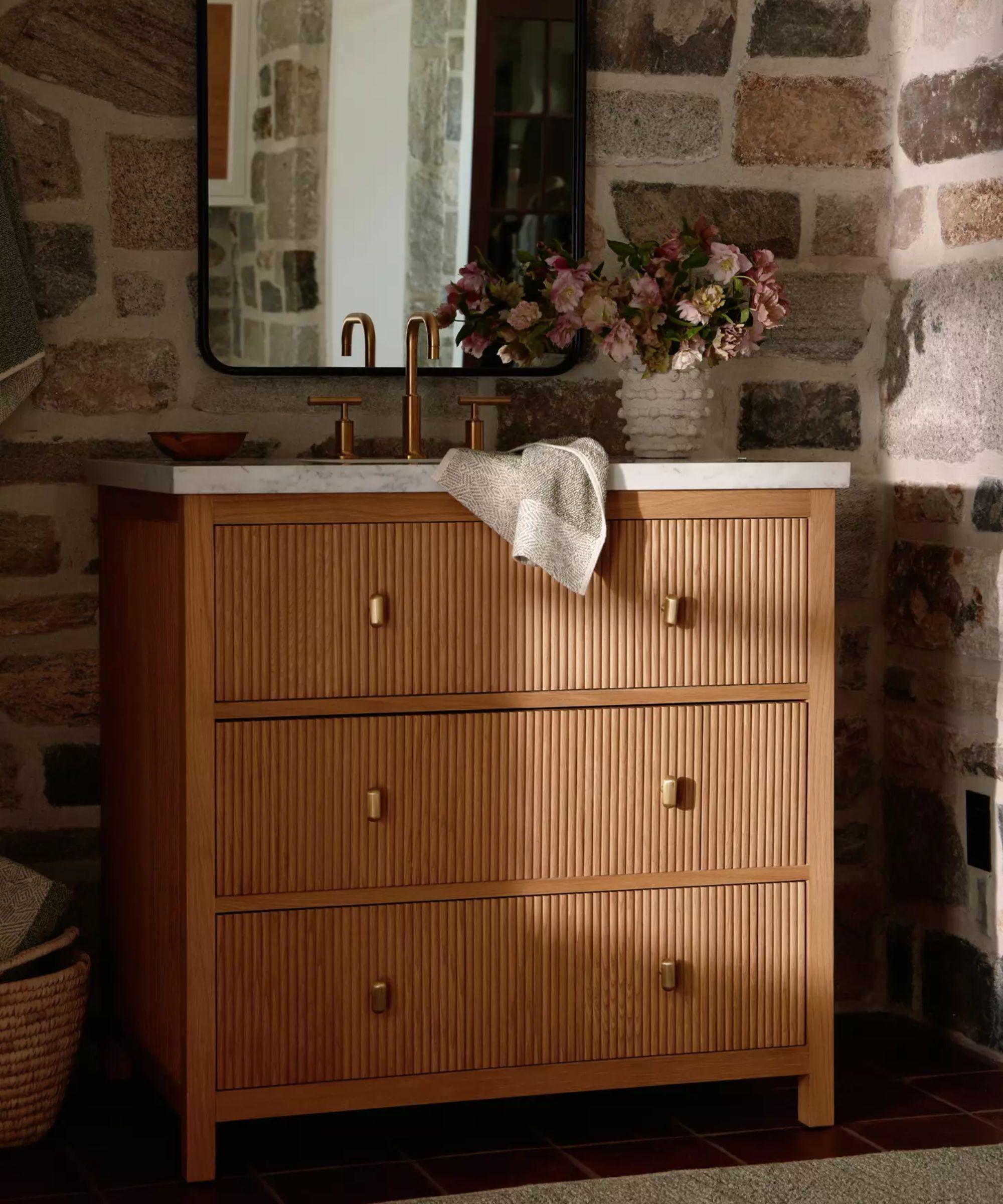
These expire so get rid of the ones that are old and smelling funky.
Decluttering makeup and skin care can be tricky when we have splurged money on them, but duplicates are often one of the main causes of bathroom clutter. This problem will only grow as we enter gifting season, as these often generic and products are highly popular Christmas presents.
Klein adds, 'Product samples are perfect for on-the-go use, trying new products, or having on hand for guests who forget items, but the issue is when you stock up on samples that you would never use. Think about those hotel amenities where you didn’t like the smell or samples included with an order, which wasn’t your choice.
‘I’m here to say it is 100% okay to discard any samples that you don’t foresee yourself or someone else using; they do expire after all. Editing samples is something I recommend be done annually to keep the quantity under control.’
Once your collection is reduced, use clear, easy-clean drawer organizers, available in a 15-pack at Amazon, to tidy up storage spaces and group items by category.
18. Socks with missing pairs
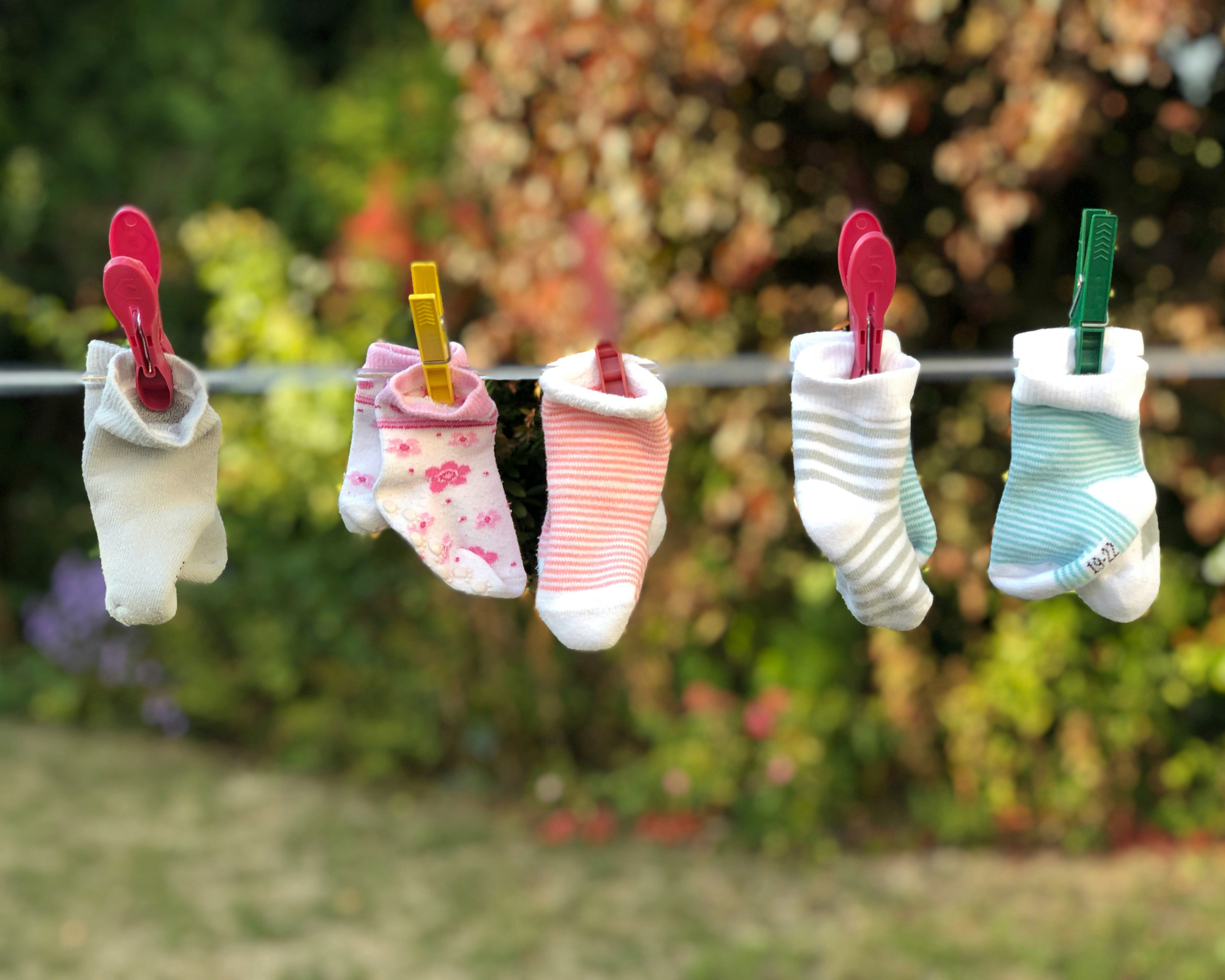
The sock monster gets each and every one of us. Clear out the singletons you've been hanging on to in hope of finding its match.
Who hasn't been frustrated on a chilly morning when you're reaching for your socks and instead find a singular sock you love without its matching other half.
'A drawer full of single socks can be frustrating and takes up space unnecessarily,' says Taylor. 'I suggest periodically sorting through your sock drawer, matching pairs, and repurposing or discarding the lone socks.'
Taylor recommends keeping these for cleaning or crafting, as they work well for removing dust around the home or making school projects.
'This includes cleaning hard-to-reach areas in your home or creating cute puppets for your kids,' he says. 'You can save time and space while also being creative by decluttering and re-purposing these socks.'
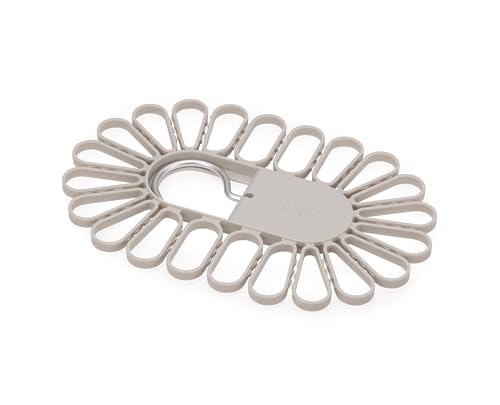
Say goodbye to lost socks and enjoy easy, secure drying and transport to closets with this nifty sock petal drying rack. The metal hanging hooks fold flat for easy storage when not in use. This also frees up hanging space on air dryers.
19. Cords, cables and old electronics
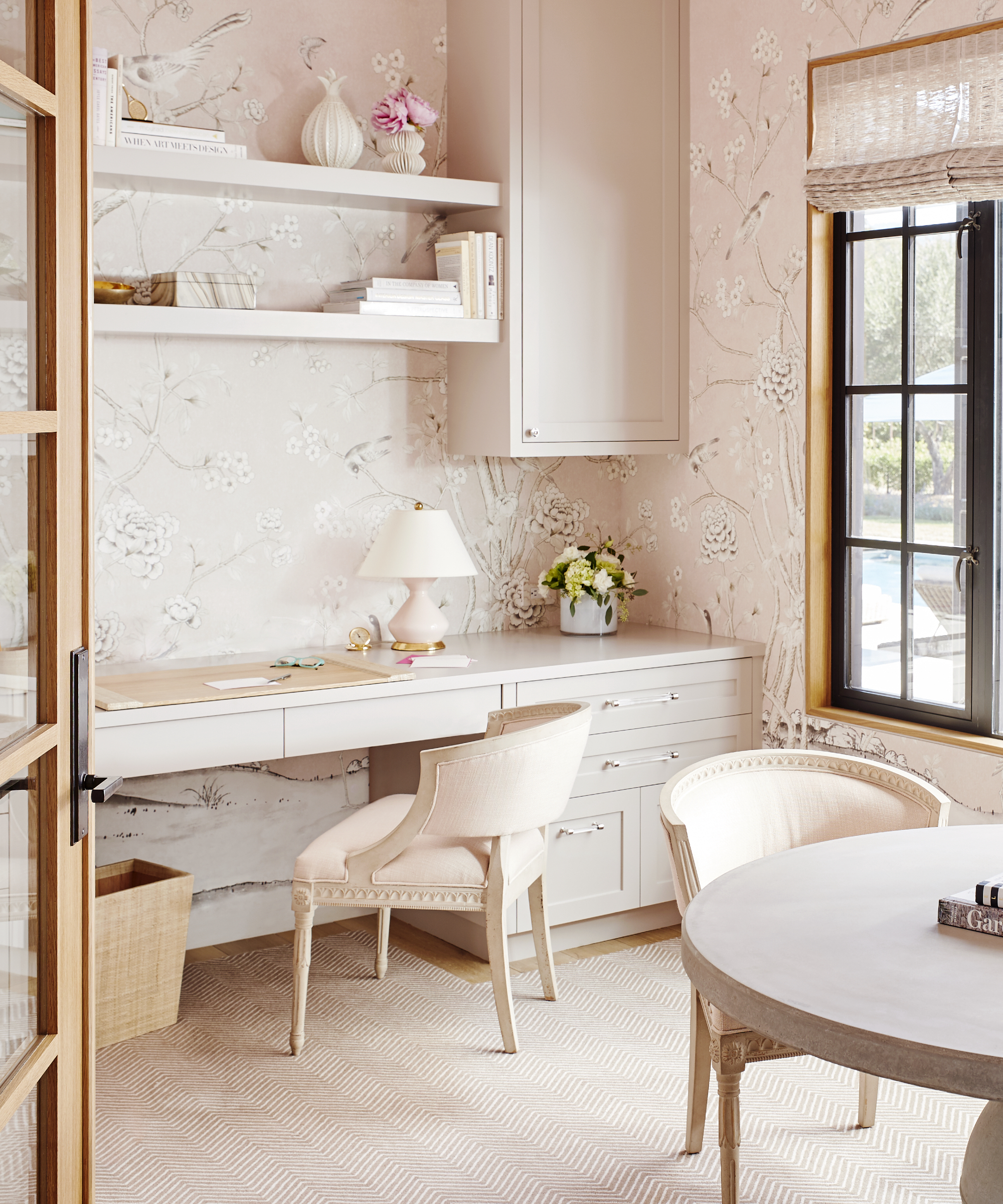
Keep cables tidy so guests are not distracted from your seasonal touches by messy wires.
It can be really difficult to know when the right time to declutter old electronics is, but, chances are, they're old and unusable, and simply taking up space.
'We often hold onto old electronics thinking we might need them, but they usually just gather dust,' says Meaghan Kessman, professional home organizer at Meaghan Kessman Home Organization. 'Decluttering and recycling these responsibly can help you reclaim storage space and keep your electronic collection organized.
Similarly, organizing cables and cords can be a nightmare, usually because we have so many of them and no idea what each of them is for. As a result, this is a category worthy of cutting back on,’ says Robyn Reynolds, home organizer and founder of Organize2Harmonize.
‘When we buy an electronic, it usually comes with cords and wires. However, we already have the wires from the last item. We also have excess power cords to what, no one knows. If you needed it, it would be attached to the item you are using. It is OK to get rid of that miscellaneous box of cords and wires. It usually sits for years without ever being looked at anyway and they can easily be replaced if you get rid of something you need later down the line.’
We recommend investing in cable labels, such as these ones available at Amazon, which come in pack of 270, and labeling any cables you actually use. Recycle the rest.
20. Shoes
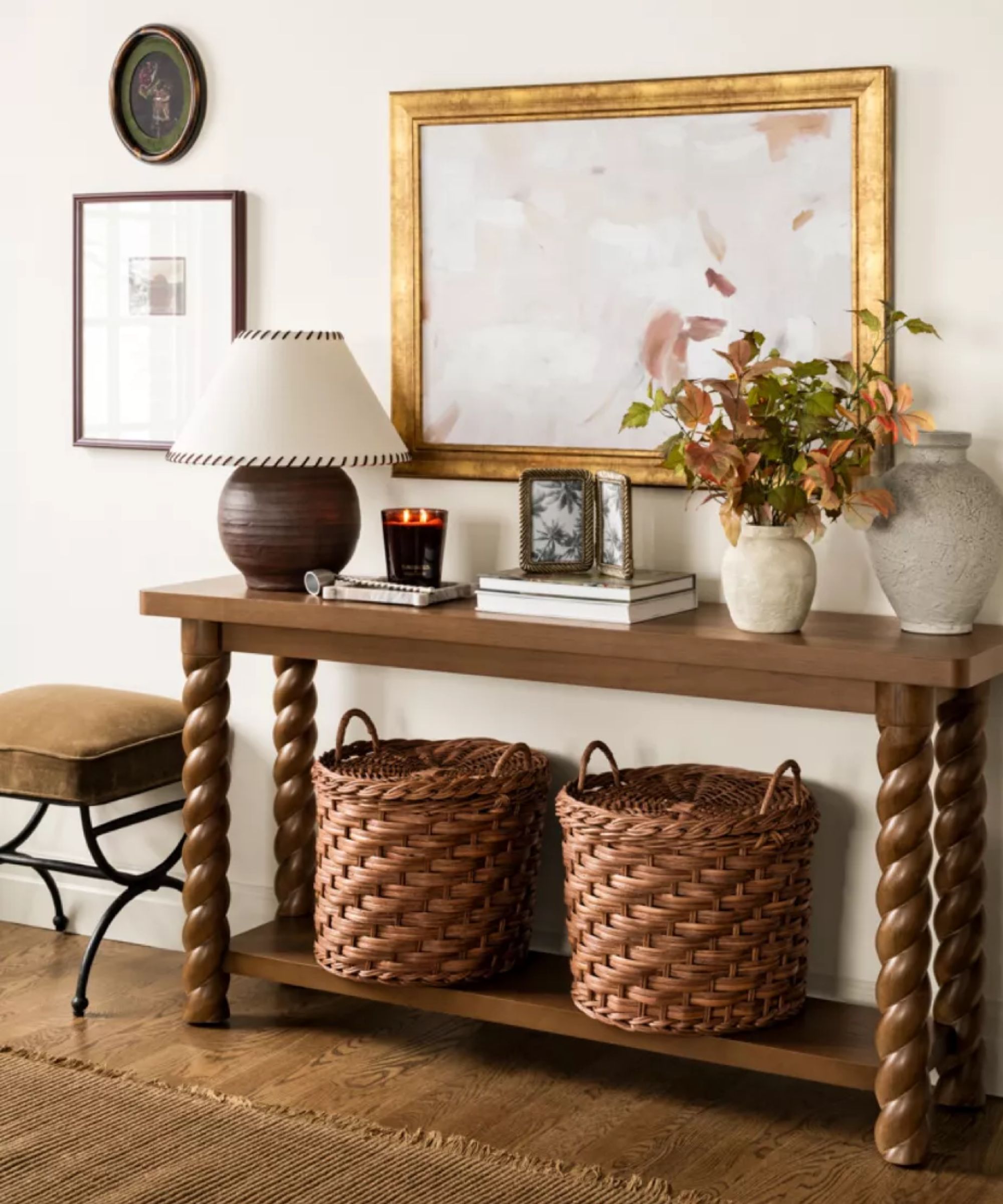
Keep your gorgeous fall-themed decor the star of the show in your entryway, rather than a messy collection of shoes
As the weather shifts, so does your footwear, making now the perfect time to get a handle on your shoe collection. It’s easy to accumulate too many pairs, from worn-out sneakers to uncomfortable heels you keep just in case. They pile up at the front door, in the closet, and under the bed, creating a frustrating mess.
Give your footwear a fall refresh by taking everything out of your closet. Try on each pair and be honest with yourself. Are they comfortable? Have you worn them in the last year? If a pair is broken, worn-out, or causes you pain, it's time to let them go.
To make room for your fall boots and loafers, create three piles: a keep pile for your everyday favorites, a donate pile for gently used shoes, and a toss pile for anything that's seen better days. By letting go of the excess, you'll clear up space and make getting ready each day a lot easier.
Just remember not to donate items that are more of a liability than a help, including worn out or broken shoes.
FAQs
Why do I always end up with clutter?
If you declutter, but do not put supporting practices into place to avoid bringing more stuff into the house, it will accumulate again.
Implement a one-in-one-out policy to avoid adding to doom piles of clutter before you have a clear-out, and set up some home storage that works well for you to avoid things being left out on tables and counters.
Putting things away as you use them is the best way to prevent clutter from building up around your home.
Meet our experts
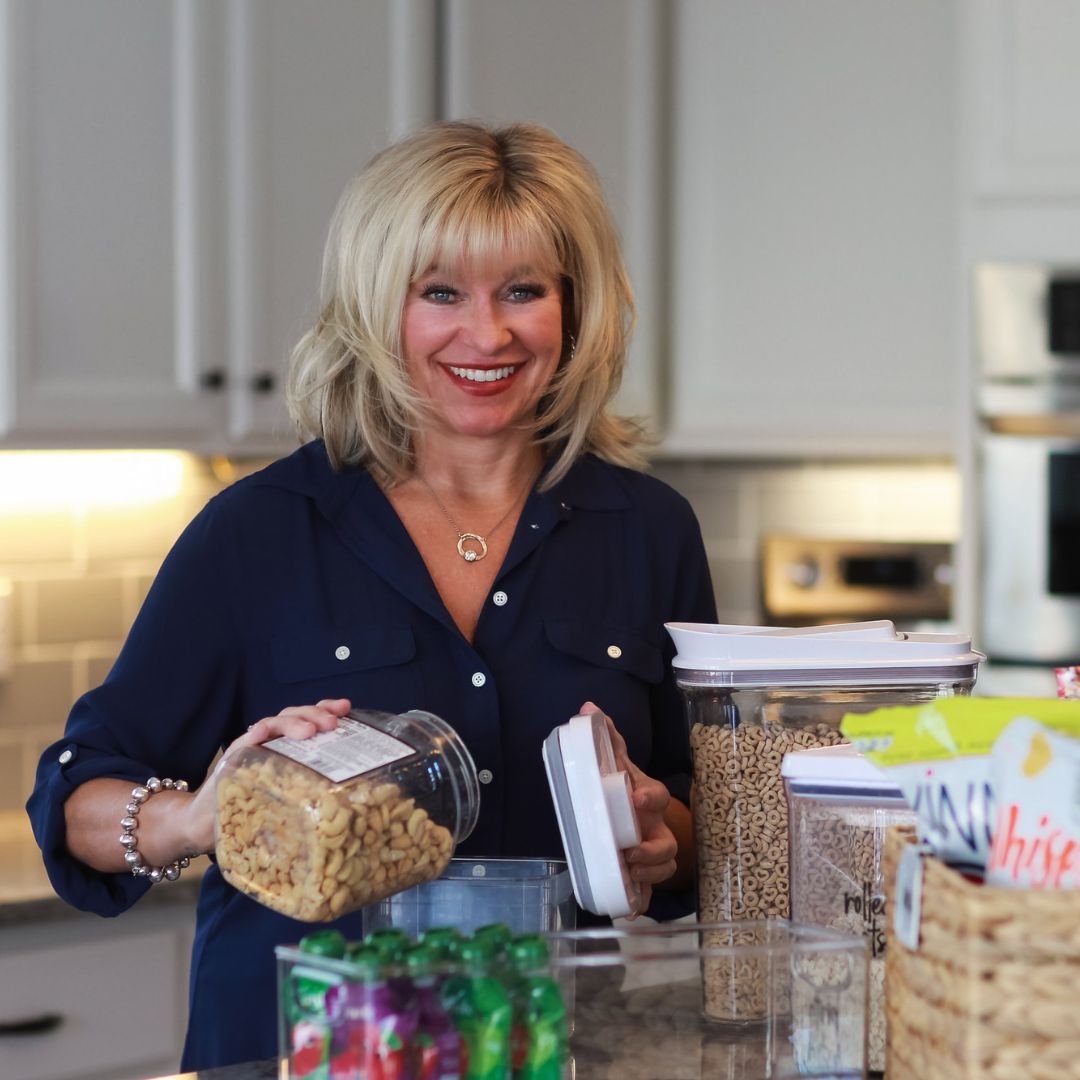
Juliana Meidl has been a professional home organizer for many years, having found that they key to a serene home was perfect organization that works for the family.

Brenda Scott is passionate about home organizing, decluttering, and creating a safe home. At Tidy My Space, she helps people to keep their homes tidy when life gets busy. Brenda shares useful tips and gives practical help with sorting and editing her clients' spaces, leading them to feel less stressed and bringing the luxury of time to be spent with family, friends, or on themselves.

Raychel Klein started her home organization business in 2020 with the mission of helping people escape the vicious cycle of clutter. She is a certified KonMari consultant based in Seattle, Washington.

Bonnie Borromeo Tomlinson is the author of Stop Buying Bins & other blunt but practical advice from a home organizer. She was the principal of Bonnie Lia Interiors, a home organizing and interior decorating firm with clients in MD, VA, DC. She has also held positions as a senior national media buyer, museum store retail buyer, and home decor account manager. Since 2020, she has focused her attention on writing full-time.
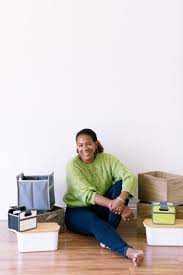
Robyn started her professional organizing company in 2008, and has since helped hundred of clients from busy stay-at-home moms to business executives and celebrities.
With a more streamlined and organized home, you're now ready to fully embrace the season.
By letting go of the items you no longer need, you've created a cozier, more functional space just in time for fall and the busy holidays ahead. Now, you can spend less time searching for what you need and more time enjoying the comfort of your home.

Chiana is Homes & Gardens’ kitchen appliances editor. With a lifelong passion for cooking and baking, she grew up experimenting in the kitchen every weekend with her baking-extraordinaire Mom, and has developed a great understanding of how tools and appliances can make or break your ideal relaxing kitchen routine.
- Punteha van TerheydenHead of Solved
